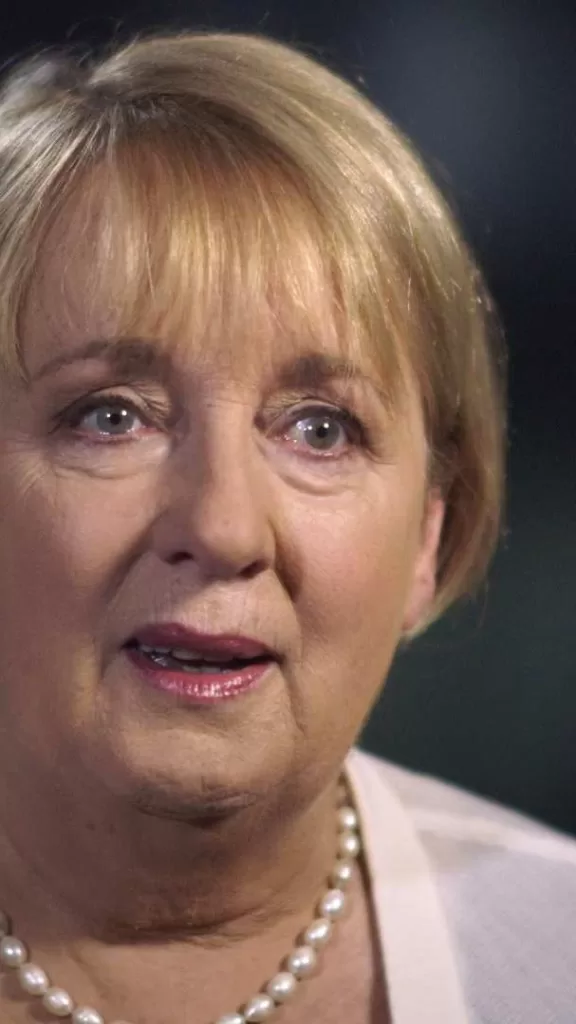An expert panel tasked with advising the federal government on income supports says the JobSeeker unemployment payment must be increased by about $17 a day as a “first priority” in next month’s budget, arguing any move would have a “negligible” inflationary impact.
The Economic Inclusion Advisory Committee was established in 2022 following negotiations with independent senator David Pocock over unrelated legislation.
It is chaired by former Labor minister Jenny Macklin and includes academics, community sector advocates, business representatives and unions and provides advice ahead of every budget.
In this year’s report, the committee said the payments remain too low and have left many to forego essentials.
The federal government announced a $40-per-fortnight base rate increase in last year’s budget, but the committee said the rate remained “seriously inadequate”.
It found there had been some improvement in the economic security of recipients in the past 12 months following that increase, but it was limited.
The panel appealed for the government to increase JobSeeker and related income supports to 90 per cent of the age pension in next month’s budget.
Based on the current rates, that would see the JobSeeker payment for single people with no dependent children increase from just over $54 a day to nearly $72 a day.
Previous committee analysis revealed as of 2019 Australia had the lowest benefits for short-term unemployed people in the OECD.
Increasing payments to 90 per cent of the aged pension would move Australia to the second lowest in the OECD, above New Zealand, the UK and US.
They also recommended a review of indexation arrangements for the payments to apply more consistency and labelled the current method unsatisfactory.
In their report the committee called for the government to outline a time frame for change, if increases are to be staged.
Inflation impact minimal, committee argues
The committee sought analysis of the inflationary impact of its proposal, noting the “heightened concern around inflation in Australia.”
This analysis suggested the effect would be “small to negligible”.
The committee estimated the cost of the change would be in the order of $4.6 billion a year. The smaller increase delivered in the last federal budget cost $1.3 billion a year.
In a media release, Treasurer Jim Chalmers and Social Services Minister Amanda Rishworth said the advice would be an “important input” to budget deliberations but did not indicate whether it would adopt the recommendations.
“We will always do what we can for people where it is responsible and affordable, and weighed up against other priorities and fiscal challenges,” the ministers said.
“We can’t fund every good idea and everything we would like to do.”
